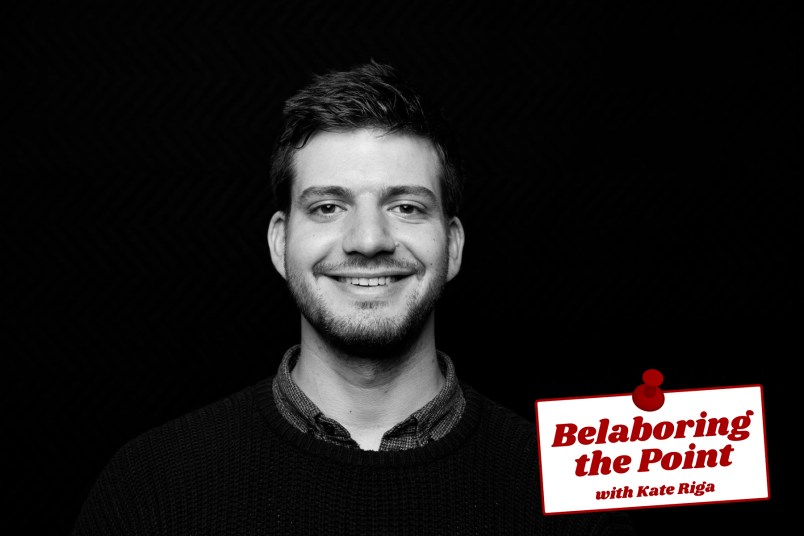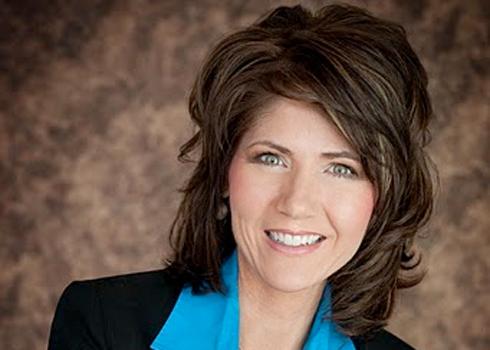This evening on CNN Nicholas Kristof talked to Aaron Brown about what he had seen in his first trip into southern Iraq. (I believe he said Basra, but it could have been elsewhere.) Contrary  to folks on the left who think we’ll be treated as conquerors and folks on the right who think we’ll be greeted as liberators, Kristof found a marvelous diversity, as we should probably all expect. Most are glad Saddam is gone. Many are glad we’re there. Others aren’t so happy about it. (See this Times article for a mix of appreciation and ambivalence in Baghdad.) But there seems to be a widespread suspicion — even among those who are glad we’ve overthrown Saddam — that we may be there to take their oil.
to folks on the left who think we’ll be treated as conquerors and folks on the right who think we’ll be greeted as liberators, Kristof found a marvelous diversity, as we should probably all expect. Most are glad Saddam is gone. Many are glad we’re there. Others aren’t so happy about it. (See this Times article for a mix of appreciation and ambivalence in Baghdad.) But there seems to be a widespread suspicion — even among those who are glad we’ve overthrown Saddam — that we may be there to take their oil.
Which brings me to an op-ed column in today’s Times. A couple weeks ago, my friend Steve Clemons (check out Steve’s site to see his other articles and commentaries) came up with a novel, ingenious idea: why not divide up Iraq’s oil wealth like the state of Alaska does?
Back in the early 1970s Alaska set up the Alaska Permanent Fund, which holds the revenues from oil leases as a public trust, with a portions of the interest paid out every year to every citizen of the state.
Now, obviously this model couldn’t be applied directly to Iraq. After all, I imagine you’ve got a certain percentage of the population — those Bedouins our troops saw occasionally while they were streaking north — that isn’t part of the cash economy. But the concept is one that really merits attention. After all, if we give the Iraqis their oil in the way the Saudis have theirs — i.e., hoarded by a few moguls — how much will it mean? So we shouldn’t just be careful not to give any sign that we’re grabbing up Iraqi oil revenues — by cutting in all American companies, say — but actually go a whole step further and really spread the wealth in a way it’s never quite been spread around in all the Middle East. That could be truly revolutionary. (On the general issue of not squandering our apparent military victory with foolish triumphalism, see this excellent column by Robert Kagan in Wednesday’s Post.)
As Steve notes, giving all Iraqis a very concrete, material stake in the new regime would go a long way to securing a political constituency for the new order. Doing something analogous in post-war Japan played a key role in the success of our democratization efforts there. In its own way, pulling oil wealth out of the hands of parasitic states and oligarchic princelings could have as positive an effect as bringing something like democracy to Iraq.
Again, it won’t be easy. The Alaska model would be very hard to introduce. And it would probably need to be adapted to Iraqi conditions. But you can say pretty much the same things about bringing democracy to Iraq. And we’ve already signed on for that. So, really, why not?







